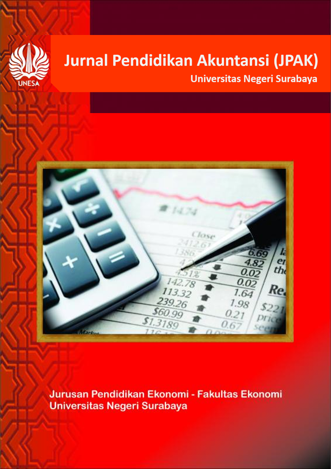Analisis Penggunaan Anggaran Remunerasi Sebagai Insentif Kinerja Tenaga Kependidikan
DOI:
https://doi.org/10.26740/jpak.v10n2.p188-193Keywords:
Budget; performance; remuneration incentiveAbstract
The issue of remuneration in State Universities as an award for employee performance achievements is expected to be a driver of superior performance. This study aims to describe the use of remuneration incentive budgets at the State University of Surabaya which has implemented a remuneration award system for 7 years. Presentation of remuneration data and data collection through surveys and in-depth interviews with remuneration policy makers and recipients of remuneration incentives. The results of the study indicate that the use of remuneration incentive budgets for education personnel is used more for the payment of routine activities for the duties and functions of education personnel, while for non-duties and functions it is still very low. Although it does not aim to prove the relationship between remuneration and performance, this study shows that the success of employees in achieving performance is still limited to quantity and does not state the quality of performance results.
Downloads
Downloads
Published
How to Cite
Issue
Section
License
Authors who publish with this journal agree to the following terms:
- Authors retain copyright and grant the journal right of first publication with the work simultaneously licensed under a Creative Commons Attribution License that allows others to share the work with an acknowledgement of the work's authorship and initial publication in this journal.
- Authors are able to enter into separate, additional contractual arrangements for the non-exclusive distribution of the journal's published version of the work (e.g., post it to an institutional repository or publish it in a book), with an acknowledgement of its initial publication in this journal.
- Authors are permitted and encouraged to post their work online (e.g., in institutional repositories or on their website) prior to and during the submission process, as it can lead to productive exchanges, as well as earlier and greater citation of published work (See The Effect of Open Access).

Jurnal Pendidikan Akuntansi (JPAK) is licensed under a Creative Commons Attribution-NonCommercial 4.0 International License.
 Abstract views: 267
,
Abstract views: 267
, PDF Downloads: 268
PDF Downloads: 268



